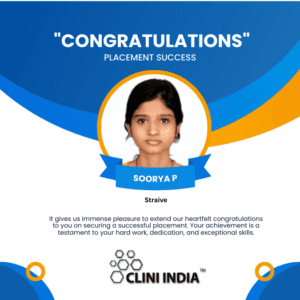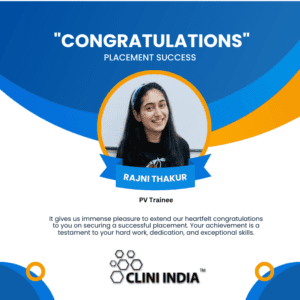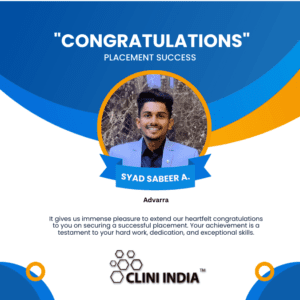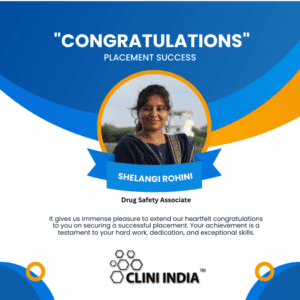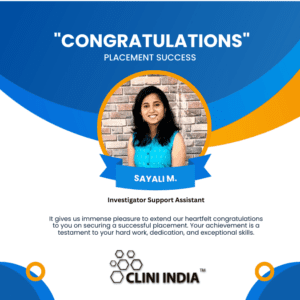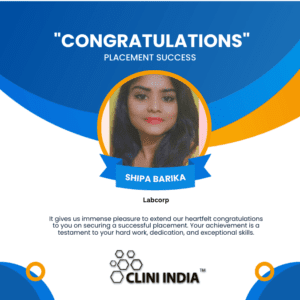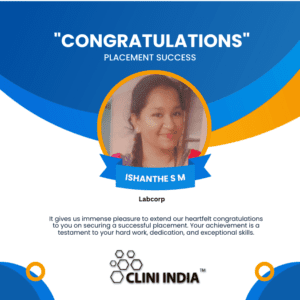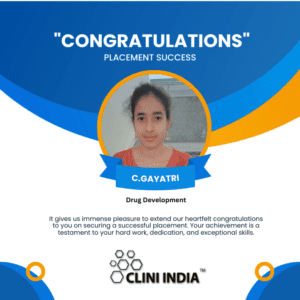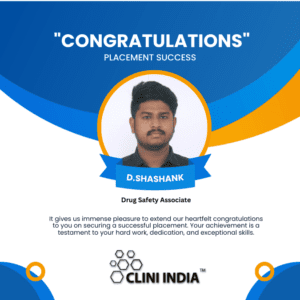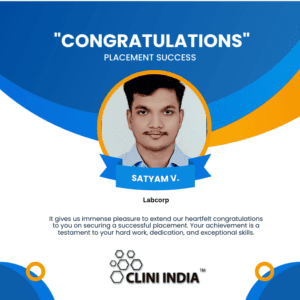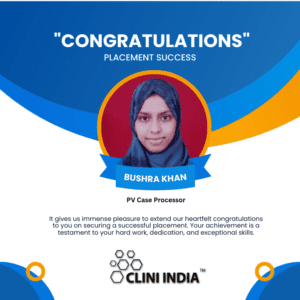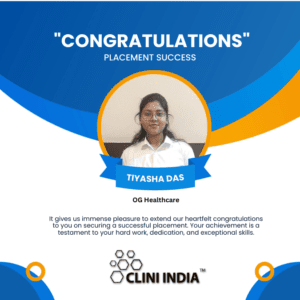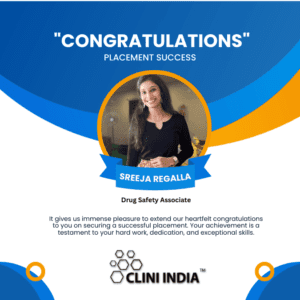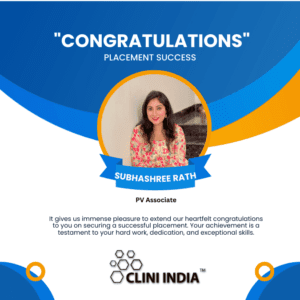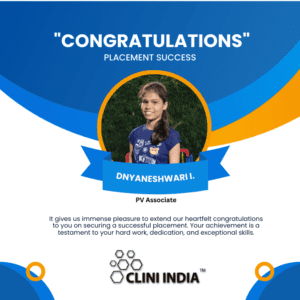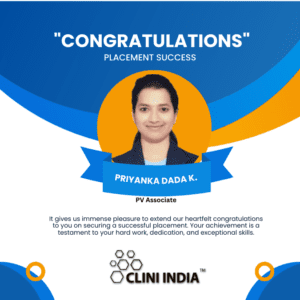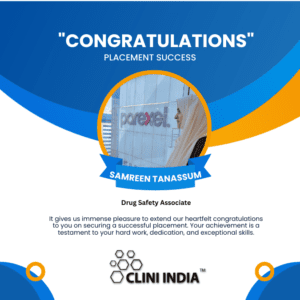
How to Prepare for Interviews as a Fresher in the Clinical Research Domain
Entering the clinical research field as a fresher can be both exciting and challenging. With a growing demand for skilled professionals in the industry, it is essential to be well-prepared for interviews to secure a rewarding position. This blog provides a structured approach to help fresh graduates ace their clinical research job interviews.
1. Understand the Basics of Clinical Research
Before appearing for an interview, it is crucial to have a strong foundation in clinical research principles. Review topics such as:
- Good Clinical Practice (GCP) guidelines
- Clinical trial phases (Phase I-IV)
- Roles and responsibilities of different stakeholders (sponsors, CROs, regulatory agencies, ethics committees, etc.)
- Common terminologies used in clinical research (ICH-GCP, adverse events, informed consent, etc.)
2. Research the Company
Understanding the organization you are interviewing with is key. Go through:
- The company’s website to learn about their services, ongoing trials, and therapeutic areas of focus.
- Recent news or press releases related to the company’s work in clinical research.
- Employee reviews and interview experiences available on job portals like Glassdoor and LinkedIn.
3. Prepare for Common Interview Questions
Interviewers often ask a mix of technical and behavioral questions. Some commonly asked questions include:
Technical Questions
- What is ICH-GCP, and why is it important?
- Can you explain the different phases of clinical trials?
- What is an informed consent process?
- What are adverse events and serious adverse events (SAEs)?
- How would you ensure regulatory compliance in a clinical trial?
Behavioral Questions
- Tell me about yourself.
- Why do you want to join the clinical research industry?
- Describe a situation where you had to handle a challenging task.
- How do you manage time and prioritize tasks under pressure?
- What are your long-term career goals in clinical research?
4. Enhance Your Resume and Cover Letter
Your resume and cover letter should highlight your relevant academic background, research projects, internships, certifications, and skills. Make sure to:
- Keep it concise (one or two pages maximum).
- Emphasize skills like attention to detail, regulatory compliance, and data management.
- Mention any relevant certifications (e.g., GCP certification, Clinical Research Associate training).
- Proofread for grammatical errors and clarity.
5. Gain Practical Knowledge
Even as a fresher, having some practical exposure can make a difference. Consider:
- Enrolling in clinical research certification programs.
- Completing internships or volunteering in research projects.
- Gaining experience with tools like Electronic Data Capture (EDC) systems and Clinical Trial Management Systems (CTMS).
6. Practice Mock Interviews
Conducting mock interviews can help build confidence and improve your responses. You can:
- Practice with friends or mentors.
- Record yourself to evaluate your answers and body language.
- Join career counseling or interview preparation workshops.
7. Develop Soft Skills
Apart from technical knowledge, recruiters look for strong soft skills, including:
- Communication and interpersonal skills.
- Problem-solving and critical thinking abilities.
- Teamwork and collaboration.
- Attention to detail and organization.
8. Dress Professionally and Arrive on Time
First impressions matter! Make sure to:
- Dress in professional attire (formal or business casual, depending on company culture).
- Arrive at least 10-15 minutes before the interview (or log in early for virtual interviews).
- Carry multiple copies of your resume and relevant documents.
9. Follow Up After the Interview
Sending a follow-up email thanking the interviewer for their time and reiterating your interest in the role can leave a positive impression. Keep it short and professional.
Final Thoughts
Breaking into the clinical research field as a fresher requires preparation, confidence, and a willingness to learn. By mastering the fundamental concepts, practicing interview questions, and developing relevant skills, you can increase your chances of landing your desired job in the industry. Good luck with your clinical research career!





